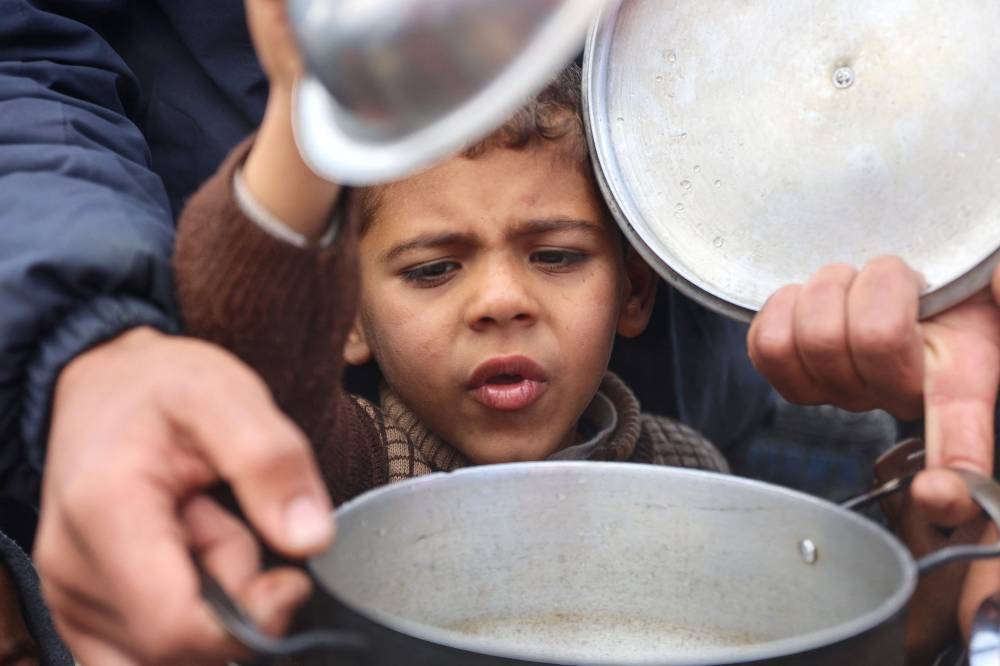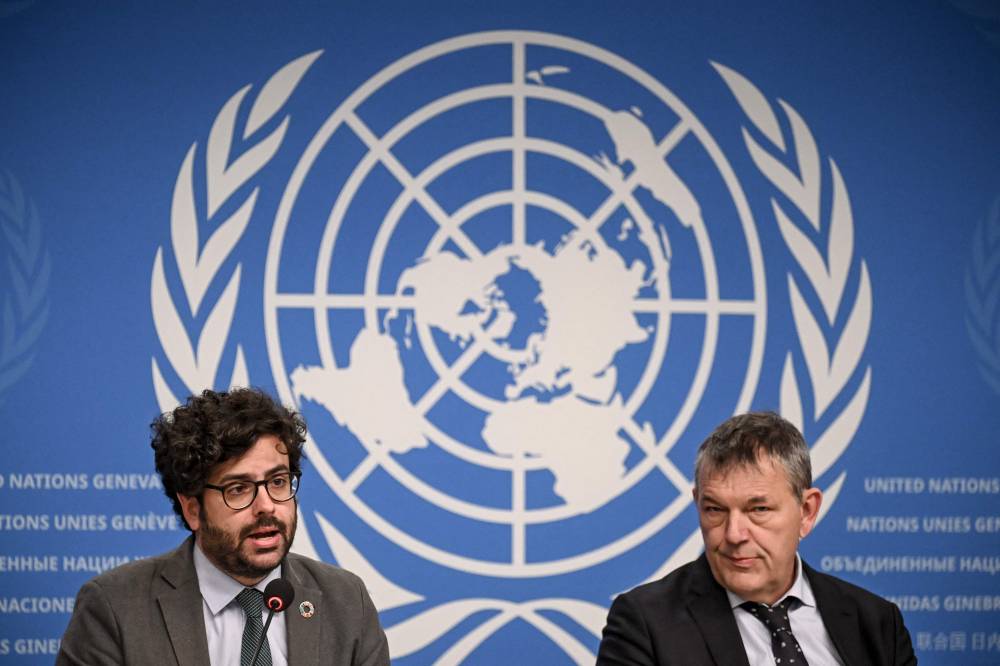Aid delivery attempts in besieged North Gaza denied or impeded more than 40 days: UN
The UN Office for the Coordination of Humanitarian Affairs said 27 out of 31 planned missions were rejected -- and the other four were severely impeded -- to support people in Beit Hanoun, Beit Lahiya and parts of Jabalya.

UNITED NATIONS - UN humanitarians said on Tuesday attempts for more than 40 days have been denied or impeded to aid people struggling to stay alive while under siege in northern Gaza areas.
The UN Office for the Coordination of Humanitarian Affairs (OCHA) said 27 out of 31 planned missions were rejected -- and the other four were severely impeded -- to support people in Beit Hanoun, Beit Lahiya and parts of Jabalya.
"The result is that bakeries and kitchens in North Gaza governorate have shut down, nutrition support has been suspended and the refueling of water and sanitation facilities has been completely blocked," OCHA said.
The UN IPC Famine Review Committee has warned that parts of northern Gaza face an imminent risk of famine and that immediate action is needed in days, not weeks.
The humanitarians said that as mass casualty incidents and Israeli bombardment continue, access to the Kamal Adwan, Al Awda and Indonesian hospitals in North Gaza remains severely restricted, amid desperate shortages of medical supplies, blood units and fuel.
"Attempts by our health partners to deploy an international emergency medical team to scale up capacity continue to be blocked by the Israeli authorities," OCHA said.
For example, the humanitarians reported that on Sunday, OCHA supported a mission led by the World Health Organization, the UN Mine Action Service, the International Committee of the Red Cross and the Palestine Red Crescent Society to Kamal Adwan Hospital to deliver 10,000 litres of fuel and transfer 17 patients, three unaccompanied children, and nearly two dozen caregivers to Al Shifa Hospital in Gaza city.

"While the mission was also meant to deliver food and medical supplies to Kamal Adwan, partners say the team was forced to offload the food at an Israeli military checkpoint before reaching the hospital, and only some of the medical supplies could be delivered the facility," the office said.
OCHA said the world body is deeply concerned by reports of alleged killings of suspected looters during an operation conducted by local Palestinian authorities. It said that armed looting has become systematic and must end immediately, adding, "It is hindering life-saving aid operations and further endangering the lives of our staff."
However, the humanitarians said the use of force in law enforcement operations must be lawful, necessary and proportionate.
OCHA said that delivering humanitarian aid and commercial goods into and within Gaza is essential to people's needs and the challenge of looting must be met. The solution lies in opening more entry points into Gaza and allowing the use of additional internal routes. Both of these steps require action by the Israeli authorities.
"Israel, as the occupying power, also bears the primary responsibility for restoring public order and safety, which must be a top priority," the office said. "This could take different forms; among them would be allowing civilian police in Gaza to operate in accordance with law enforcement standards." - XINHUA











